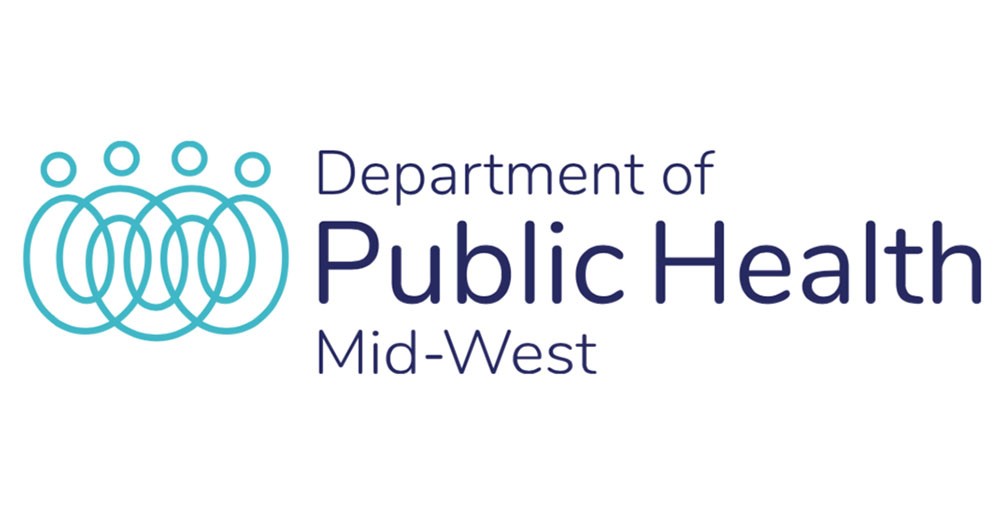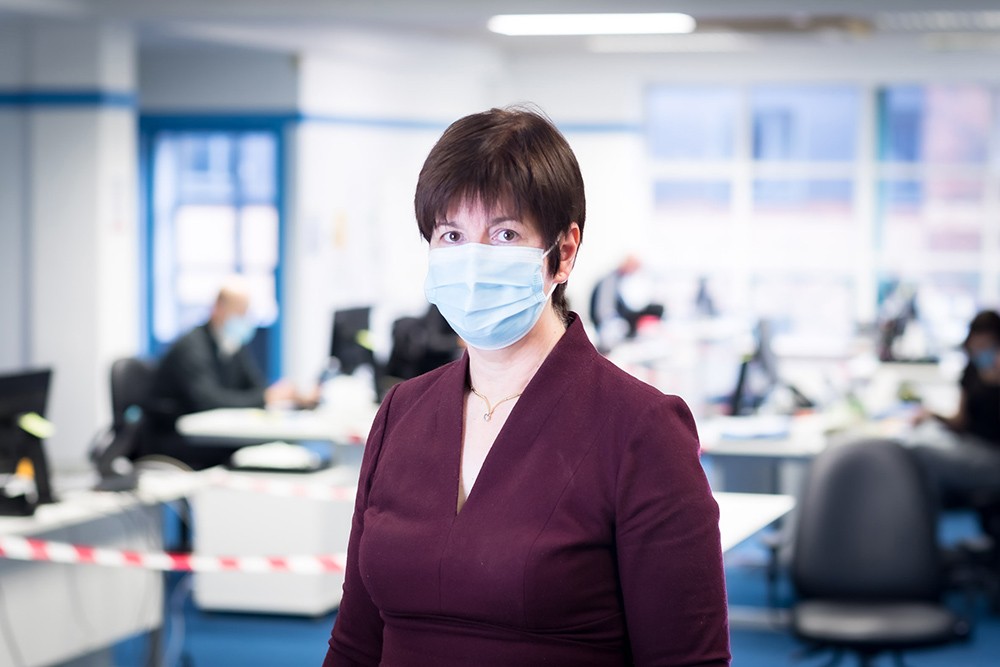
The Department of Public Health Mid-West is appealing to the public to be extra cautious of taking part in social activity due to the increasing incidence of COVID-19 across Clare, Limerick and North Tipperary.
The current high volume of cases may result in delays in data reporting, meaning that data may not be complete and up-to-date. However, our preliminary analysis indicates that we are seeing at least 2,300 new cases in the region per day. It is probable the real infection rate is higher due to the unprecedented levels of transmission across the three counties and nationwide.
For example, in recent weeks, we were notified of an outbreak of more than 80 people (age ranged from early 20s to late 30s) in a single community in the Mid-West. Transmission occurred over a three-week period and involved multiple sources of exposure (e.g. social contact, household contact, education setting, workplace setting, etc).
We believe outbreaks of this scale have occurred more frequently since the Christmas season, through multi-household clusters, large family and social gatherings, congregate settings and accommodation, with onward transmission occurring across all settings in the community at a fast rate.
Our department is actively managing and monitoring COVID-19 in more than 70 settings across the Mid-West, including nursing homes, long-term care facilities, residential care facilities, and vulnerable groups in the population. Due to the current high COVID-19 numbers, these are some of the key settings the department is prioritising in line with national priorities.

Dr Mai Mannix, Director of Public Health Mid-West, said: “The past few weeks have been challenging for many of us, especially during and after the Christmas period where some plans had to be cancelled – often at short notice – due to significant community spread of COVID-19. Like last January, we are now seeing an exponential rise in disease due to widespread onward transmission after Christmas celebrations and continued social activity. This may persist for some time, which is why we urge people to be extra cautious of any social contact.”
“Omicron is a highly-transmissible variant that can cause serious illness. I note that research does suggest that it may be less severe than the previously dominant Delta variant. It is still impacting significantly on healthcare capacity. However, it is important to appreciate that while some people can have a mild illness, COVID-19 itself is not a mild disease and can still cause severe complications, especially for those who are unvaccinated and at higher risk. Our priority over the coming weeks as a community needs to be slowing the transmission as much as possible by limiting contacts and availing of the vaccination if you are eligible for it.”

